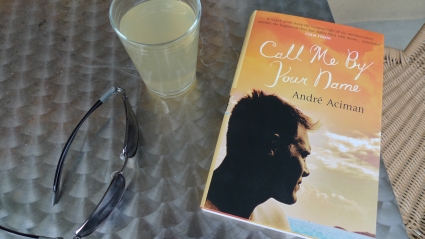There are basically two meanings. One comes from the Marine Corps world: Originally a concoction of hard liquors designed for the sole purpose of getting drunk. Also used to mean a swaggering approach or smooth talking individual, as in "He's got his MOJO goin'..
I have the slight feeling Sylv does not mean that but personal magnetism or charm.
The term has an interesting etymology:
from Fula
This word originated in Cameroon
If your mojo is working, you lead a charmed life. That's because mojo, in its original sense, is a charm, kept in a cloth bag. Depending on which conjure doctor you go to, the charm can be roots, rats, snakes, lizards, pumpkin seeds, dirt, clay, or steel wool. Those were ingredients mentioned in North Carolina in 1962. Back in the late 1930s, in Memphis, Tennessee, to make a mojo one expert said you would sew a red flannel bag with these ingredients: High John de Conker (a plant known also as Solomon's seal), black lodestone, Adam and Eve root, and violet incense powders. A 1946 account from New Orleans said that the mojo was "the leg bone of a black cat that's been killed in a graveyard at midnight."
If your mojo is working, you have sex appeal. But if someone else touches or even sees your mojo, it can lose its power. That's the explanation of the lyrics in the 1928 blues song: "My rider's got a mojo and she won't let me see.... She's got to fool her daddy, she's got to keep that mojo hid; but papa's got something for to find that mojo with." Written evidence for the word goes back to 1926 in the song title, "My Daddy's Got the Mojo, But I Got The Say-So." Nowadays the word is widely used, often with no reference to a magical cloth bag but simply meaning power, influence, or advantage.
The word is African American. Its origin is uncertain, but it seems probable that mojo ultimately came from Africa. If it did, a good candidate for the source is moco'o, meaning a conjure doctor or person who works magic. That word is from the Fula or Fulfulde language, a member of the Fulani branch of the Niger-Congo language family. Fula is spoken as a native language by two-thirds of a million people in Cameroon, and by four million more in Cameroon as a second language. One other English word that may possibly come from Fula (if not from Mandingo) is yam (1657).

